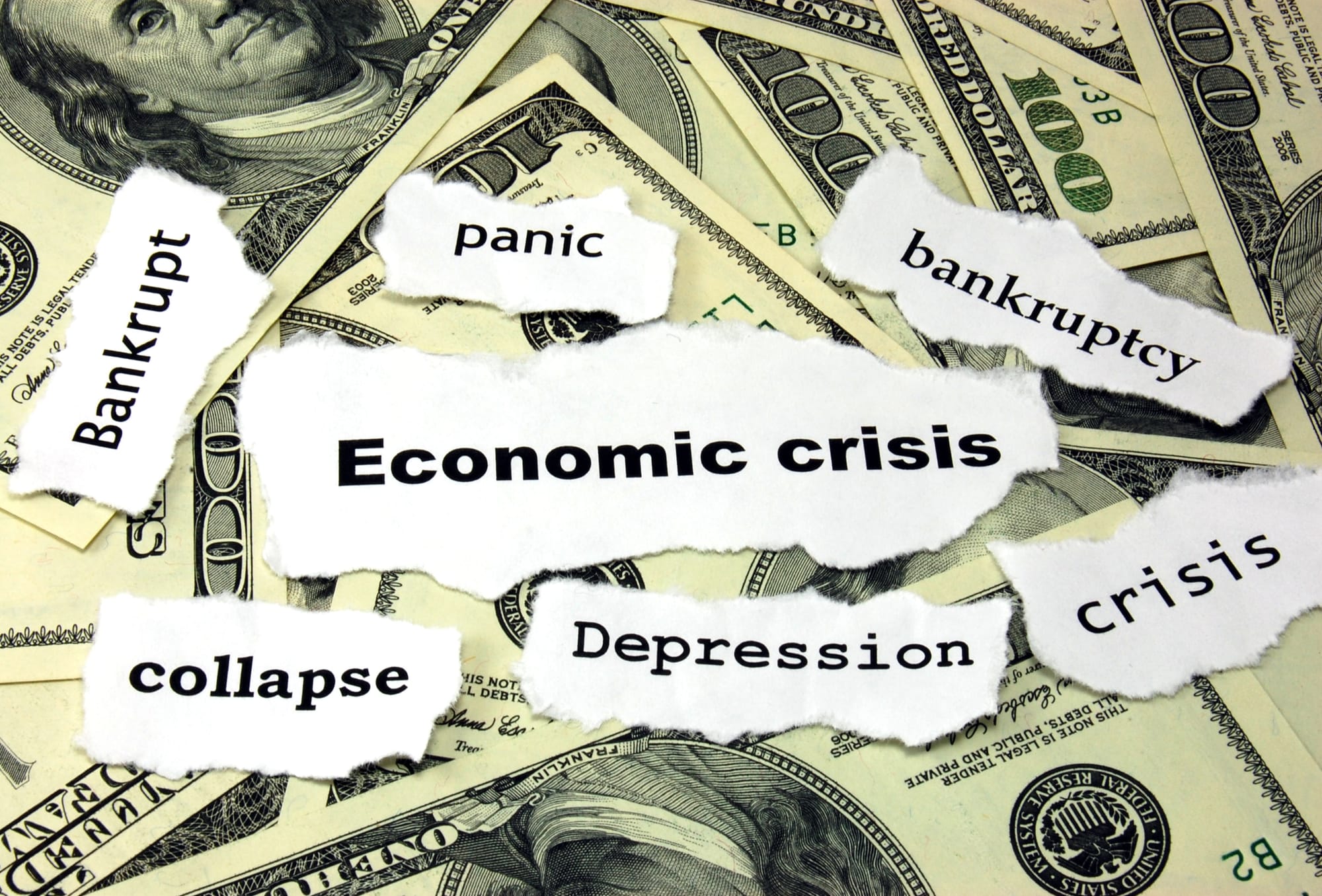The Hidden Crisis Isn’t Economic — It’s Intellectual

Most headlines point to inflation or GDP as the culprits behind today’s financial instability. But what if the real crisis lies in how we fail to understand and accept the natural rhythms of markets?
1. Cycles Are Nature’s Blueprint
Just as day follows night, and seasons follow seasons, economic activity rises and falls in natural patterns called business cycles: expansion → peak → recession → recovery. This is not a defect — it's a feature.
Real Business Cycle Theory confirms that economic fluctuations can emerge from real-world shocks (like productivity changes), even in ideal markets. These cycles are not to be eliminated, but understood.
2. Government Intervention Creates Dangerous Illusions
Economic theory—think Keynesianism—argues that we can “smooth” these cycles via fiscal interventions. Governments spend and print money during downturns to keep the downturn from materializing.
But this is a deception. In smoothing cycles, we’re not eliminating fluctuation; we're merely deferring it. And the real cost reveals itself later—what economist Didier Sornette calls the “perpetual money machine” illusion: continual stimulus eventually leads to debt crises.
3. Ray Dalio’s ‘Long-Term Debt Cycle’ Is Proof Over Time
Ray Dalio warns that when cycles are suppressed, governments accumulate so much debt that the currency itself bursts under inflationary pressure. He calls this the Long-Term Debt Cycle, which ultimately ends economies and empires.
In practice:
- The US “smoothed” recessions by bailing out economies during crises like 2008 and COVID—at the cost of $37 trillion in debt built up over time.
- Today, policymakers are trapped: allow cycles, and face recession; suppress them, and risk a debt-fueled collapse.
4. The Real Crisis Is Intellectual — We Fail to Learn From Nature
In trying to control every downturn, we lose sight of the bigger picture: How cycles serve as self-regulating systems.
We ignore what economists call kaleidics — the inherent unpredictability in economies that cannot be engineered away.
Business cycles may threaten idle narratives, but they offer clarity and efficiency in the long run.
5. What Connects Economies to Everyday Wealth
This intellectual failure has real consequences for wealth builders:
- Retirees and investors trapped in debt face deflation or lost savings when currency bursts.
- Middle-class families lose ground trying to bail out economies with their taxes and inflation-hit earnings.
- Without a plan, every cycle becomes another setback, not an opportunity.
Chaos arises not from cycles themselves, but from denying them, mismanaging them, or ignoring their role.
Your Advantage as a Legacy Builder
At Legacy Ladder, we believe true financial mastery is not about predicting market cycles, but understanding them as nature's rhythm, and building resilience in response.
- Learn how to position your wealth to grow through cycles, not get wiped out by them.
- Build financial models that accommodate volatility, not reject it.
- Prepare your personal and business finances so they can endure short-term shocks—and capitalize on rebound phases.
Key Insight:
Rejecting the market cycle is not bravery—it’s intellectual denial. Wise wealth planning embraces the cycle, positions for it, and thrives in it.
Let’s schedule a free consultation and future-proof your legacy: Services - Legacy Ladder
Curious to explore how to align your wealth or business with nature’s financial cycles—not against them?